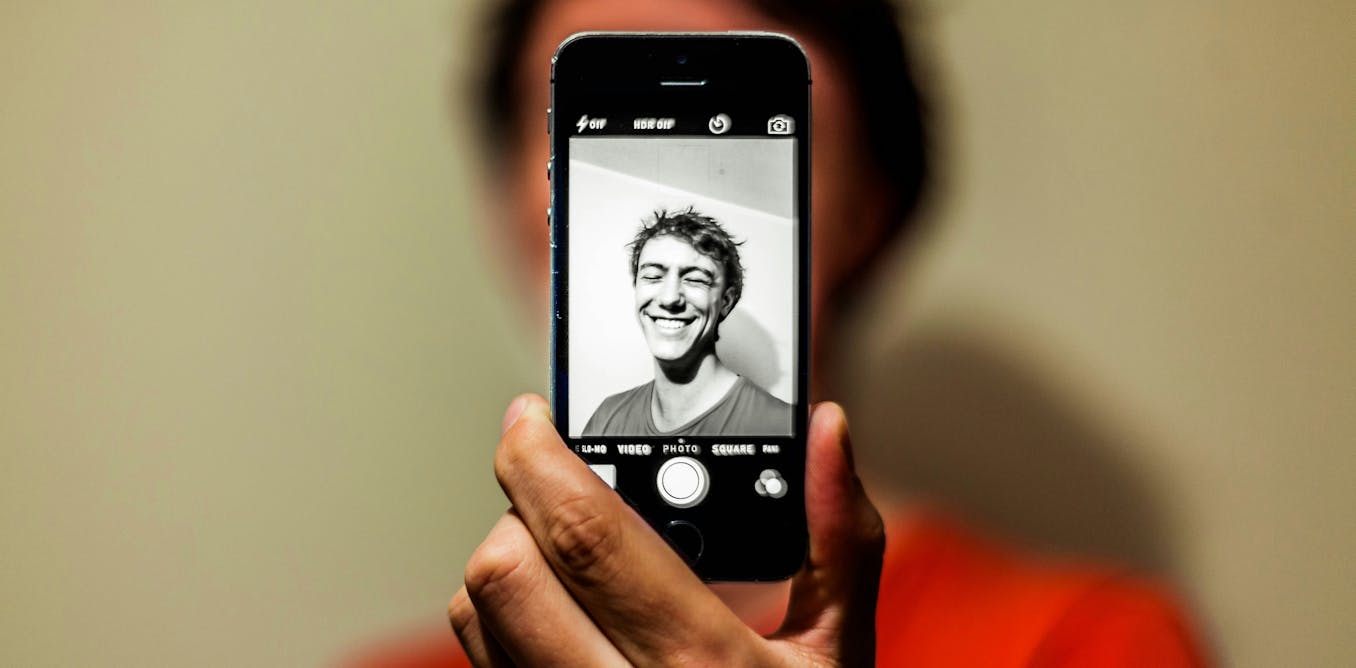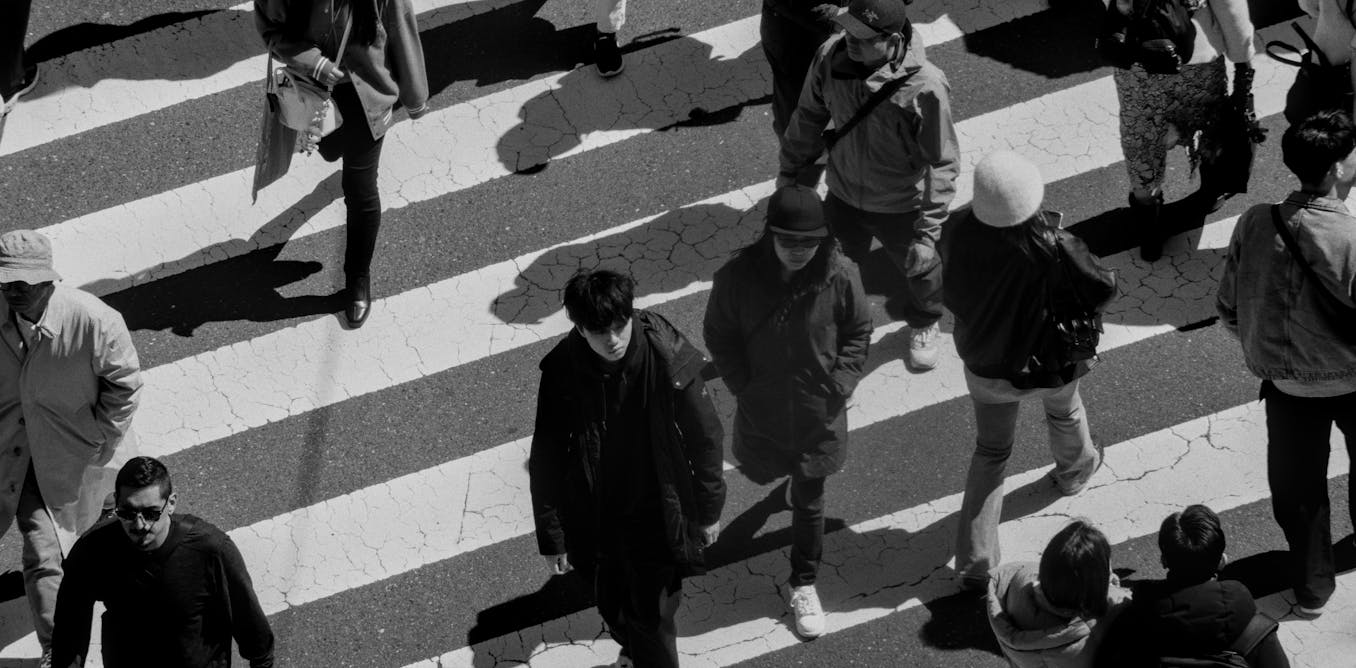The recent wave of student-led protests in Bangladesh has sparked a national movement demanding real change in the country. What began as demonstrations in universities and colleges quickly escalated into nationwide protests, resulting in more than 150 fatalities and thousands of injuries as security forces cracked down on the dissent.
The protests initially erupted in response to a high court order to reinstate quotas in government jobs, including reservations for families of veterans of the 1971 war for independence from Pakistan. However, the grievances of the students go beyond just job quotas – they are demanding broader political reforms in the country.
Bangladesh’s Prime Minister Sheikh Hasina, who has been in power for 15 years, is facing criticism for her increasingly autocratic rule. Rights groups and critics have accused her government of mass arrests of political opponents, forced disappearances, and extrajudicial killings. Despite these allegations, Hasina denies any wrongdoing.
In response to the escalating protests, the government imposed curfews, deployed army patrols on the streets, and even suspended internet access to control the situation. However, the pressure from the students and the international community has forced the government to backtrack on some of these measures, including restoring internet access.
The students in Bangladesh have demonstrated remarkable courage and resilience in the face of violent repression. Their demands for genuine political reform and accountability from the government are gaining traction both at home and abroad. Whether these protests will lead to significant changes in the country remains to be seen, but one thing is clear – the students are determined to keep fighting for a better future for Bangladesh.
Watch the video by DW News
Video “Can Bangladesh’s students force real change? I DW News Desk” was uploaded on 07/31/2024 to Youtube Channel DW News








































Leave a Reply